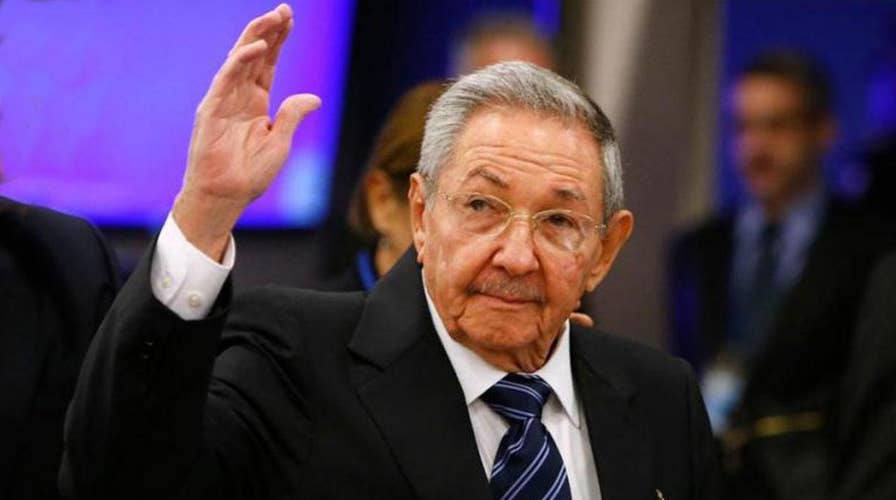Mystery of 'sonic attacks' on US diplomats in Cuba deepens
Associated Press: Investigators don't know what caused diplomats to suffer severe health problems in Cuba
Cuban officials have taken to social media all week to denounce President Donald Trump’s speech to the U.N. General Assembly as well as his overall approach to U.S.-Cuba policy.
Cuba’s top diplomat for the Americas, Josefina Vidal, tweeted Wednesday: “Our delegation voiced strong protest at Bilateral Commission meeting w/#US4 @realDonaldTrump disrespectful/unacceptable statement on #Cuba.
The Cuban Ambassador to the U.S., Jose Cabanas, has been calling via social media for an end to the U.S.-Cuba embargo, a demand Cuban officials make at the U.N. General Assembly every year.
Cuban officials tweeted a Wednesday speech that Cabana delivered to Non-Aligned Movement, a political group at the United Nations, that strongly denounced the U.S.
Cabana said that the “U.S. government presents dangers and inevitable dilemmas.”
He said the U.S. was acting aggressively and said the trade embargo burdens Cuba with “humanitarian and economic hardships” that are “extraordinary and growing.”
"There has been a regression of U.S.-Cuba relations, as you have noticed by the unacceptable and aggressive speech by President Trump” at the U.N, Canaba said, adding: “Cuba will not make compromises in terms of our sovereignty and internal affairs."
Cuba's Foreign Relations Minister, Bruno Rodriguez, is scheduled to address the U.N. General Assembly on Friday, and is likely to echo the criticisms that Vidal and Cabana have pushed on social media.
Trump has vowed to roll back the Obama administration’s rapprochement with Cuba and has said he will not further ease sanctions until Havana adopts democratic reforms.
In his speech at the U.N. earlier this week, he called the Cuban government “corrupt and destabilizing.”
In an apparent effort to counter Trump's depictions of Cuba with positive images, Vidal and Cabana retweeted posts about a joint meeting between U.S. and Cuban scientists in Cuba to discuss the environment, and Cabana retweeted a post by Rep. Rick Crawford, an Arkansas Republican, that said: “U.S. farmers and producers could benefit greatly from trade with Cuba.”
Their tweets also have included numerous denials of any Cuban government involvement in a mysterious series of health incidents that have affected American diplomats in Havana.
It said the government had ordered investigations into the incidents and asked for cooperation from U.S. authorities, which it called “essential.”
At least 21 members of the American diplomatic community in Havana have suffered from symptoms, including brain damage, believed to have come from some sort of sonic attack since late last year. The most recent incident was in August.
The Cuban diplomats retweeted a Medium article written by Sergio Alejandro Gómez, a journalist in Cuba – which controls what most journalists report – that pointedly criticized the U.S. government’s handling of the mysterious symptoms, raising questions about motives.
“The complexity of the investigation and the perplexity of the experts have not prevented some from trying to point at Cuba as the nation responsible,” wrote Gomez, “as they also try to reverse the progress achieved in the US-Cuba bilateral relations that has been taking place as from December 17, 2014.”





















